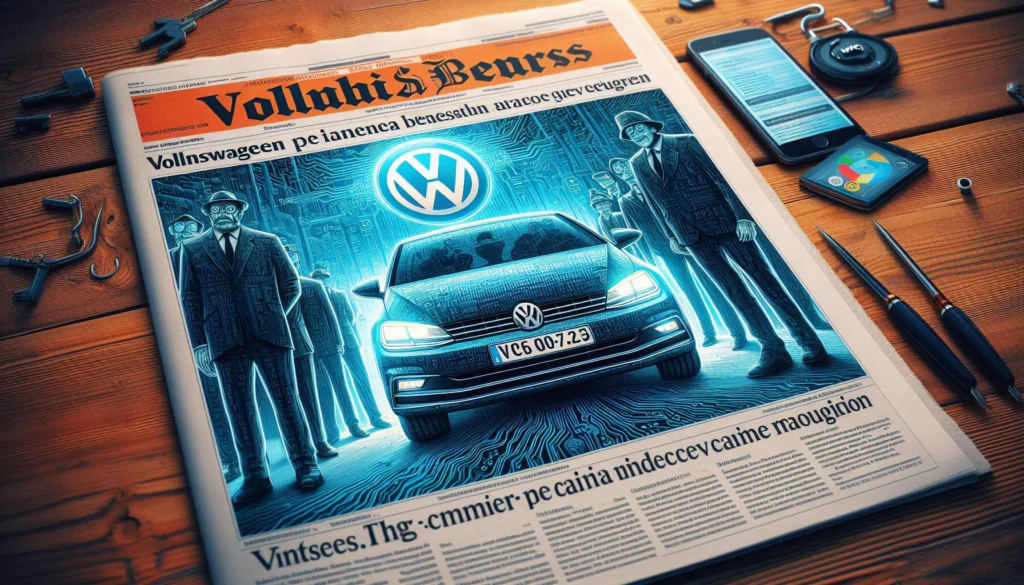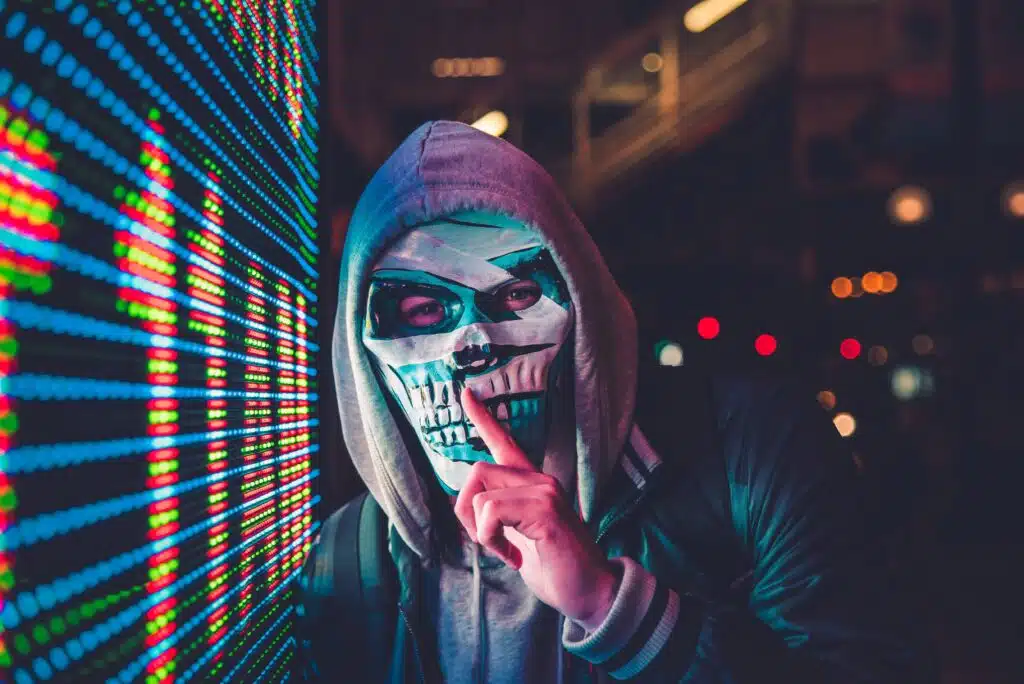
HIGHLIGHTS
- Volkswagen, a renowned automotive manufacturer, faced a major cybersecurity breach.
- A sophisticated hacking operation believed to have originated from China targets Volkswagen’s computer systems.
- Investigations conducted by ZDF and Der Spiegel reveal the theft of sensitive data concerning electric mobility and core operational information.
- The breach resulted in approximately 19,000 compromised documents, prompting concerns about cybersecurity within the electric vehicle industry.
- This incident highlighted the challenges posed by state-sponsored cyber espionage and underscored the necessity for bolstered cybersecurity measures.
- Volkswagen promised to enhance its defenses and collaborated with authorities as investigations into the breach continued.
Volkswagen, a global leader in the automotive industry, got hacked in a big cyberattack. The attack thought to be from China, has sparked worries about global car secrets being stolen, especially about electric cars. The hack was noticed recently after investigations by ZDF and Der Spiegel. The hackers got into Volkswagen’s computers and took lots of important data about electric cars and other key things.
As per the German report, it was verified that Volkswagen hacked and lost at least 19,000 documents. However, Volkswagen was able to retrieve and delete some of the files taken by the hackers.
The stolen information contains crucial details about Volkswagen’s unique electric vehicle (EV) technologies and ways of making cars. This theft directly puts Volkswagen’s competitive advantage at risk in the fast-growing EV market. It also raises concerns about how this stolen info might be misused. The hackers seem to have a clear goal of getting valuable tech secrets, as shown in the targeted documents about developing gasoline engines, transmissions (especially dual-clutch ones), and other key areas.
Cybersecurity experts have looked into the attack’s digital clues and think it came from groups based in China. Although there’s no official proof tying it directly to the Chinese government, the way the attack happened suggests it involved big resources and skills. This incident shows how big companies are at risk of being spied on in today’s tech-heavy world. The car industry, in particular, faces a lot of threats because it relies more and more on digital tools and connected systems. Now, companies in this sector are reviewing their cybersecurity rules to avoid similar attacks in the future.
After the breach, Volkswagen started a thorough security upgrade. The company teamed up with cybersecurity experts and global law agencies to catch the hackers and stop more leaks of important data.
Upon inquiry, Volkswagen acknowledged the incident and noted that it occurred a decade ago. “At that time, we were already in the process of investing significantly in our IT security and strategically strengthening it as part of ongoing security programs,” said a VW spokesman. “The incident reminded us once again of its correctness and urgency.”
Volkswagen also promised customers and partners that they’re taking quick steps to boost security and prevent future attacks. The global community is deeply concerned about this breach, leading governments to demand stricter cybersecurity rules and better cooperation against cyber dangers.
This incident has sparked talks about creating a united global plan to defend crucial tech systems. The car industry and leaders worldwide will closely follow the investigation’s progress. The results could change how we protect digital industries.
Worried about cybersecurity threats to your business? Learn why cybersecurity is crucial for businesses in today’s digital landscape. Don’t wait until it’s too late—prioritize cybersecurity to protect your business from cyber threats and potential breaches.
This cyberattack on Volkswagen is a huge warning to the car industry and others. It shows how big cyber threats are getting and why we need strong security measures to keep our tech safe. Moving forward, finding a balance between new ideas and security will be crucial for global businesses.




